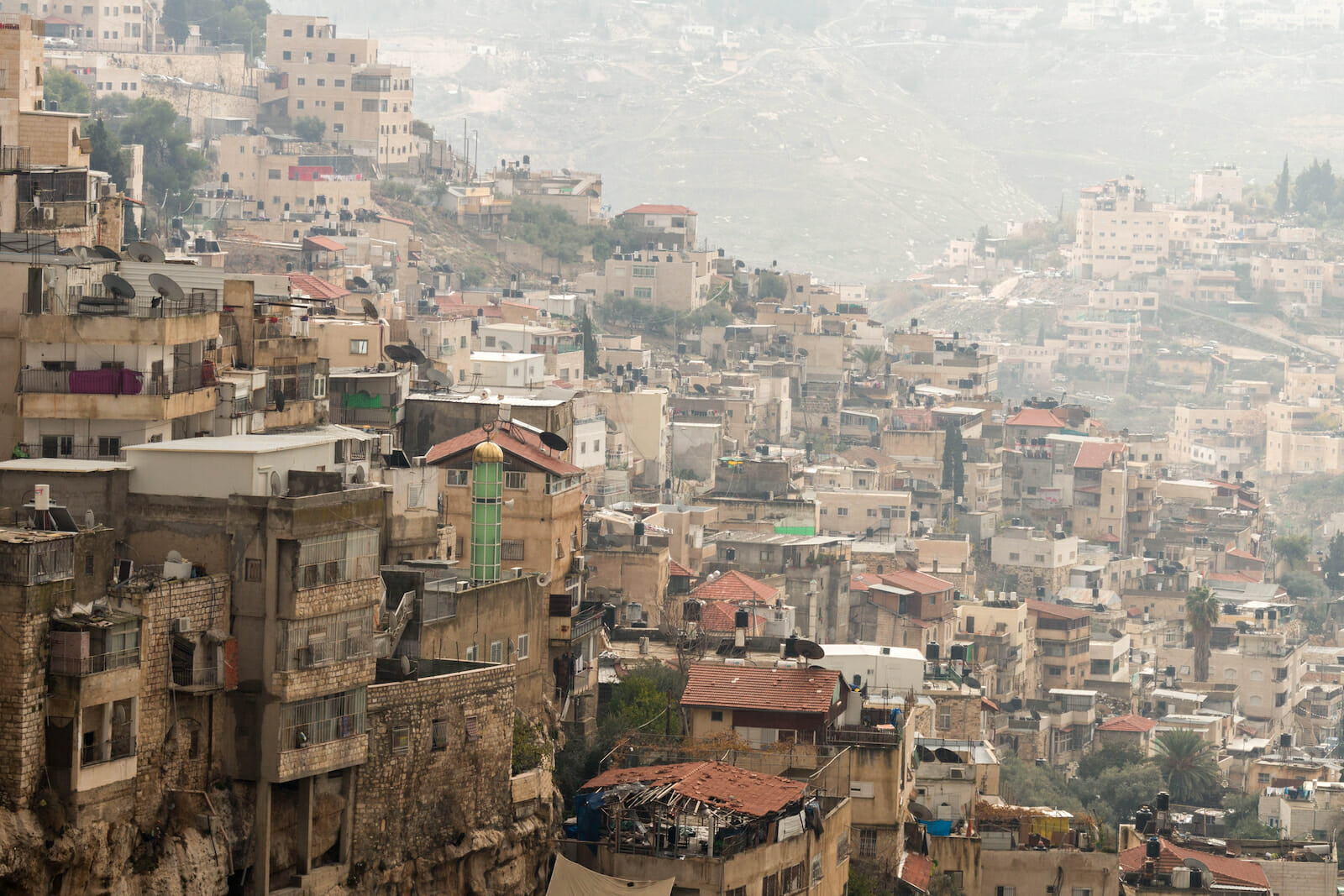
Israel’s Colonial Law
There is a quite revolution taking place in Israel. It is not on the streets of Tel Aviv nor at the walls of its illegal separation barrier. It is far from the kibbutz, synagogues, student unions or town halls, far removed from the raised fists and ritual chanting. And its aims are neither progressive, enlightened nor universal. It is a revolution which sets to cause serious problems for Israel’s already withering pseudo-democracy. Defence (Emergency) Regulations, a relic of the British Mandate’s Colonial Jurisprudence, were historically used to violently suppress indigenous resistance to Imperial powers. Israel’s legal system has since observed a worrying obedience to its colonial predecessor keeping and arbitrarily using these regulations to vilify and isolate the Palestinian Arabs on both sides of the Green line.
Now, a new government sponsored ‘Counter-Terrorism’ Bill, having passed its first reading in the Knesset plenum on the final day of the Houses’ summer session, sets to etch these draconian laws into Israel’s statutory books plunging the country into a perpetual ‘State of Emergency.’
In 1937, following the Arab Revolt in Palestine, the Privy Council authorized the British High Commissioner the competence to enact regulations to maintain public order. These were in effect to quash any resentment against the Imperial Master and indigenous resistance to the colonial order.
Israel followings its creation, through the Government and Law Arrangements Ordinance, maintained many of its provisions and similarly, used it to militarily rule over the Arabs in Israel. The regulation invested any government official or military commander far reaching powers to arrest people indefinitely, try individuals without due process, use ‘secret evidence’ in proceedings, sloppily label legitimate dissenting groups as ‘terrorist,’ violate rights of speech and offend basic principles of criminal law. One of the most notorious is perhaps Regulation 119 which facilitates the destruction of Palestinian homes in the West bank and Gaza. Ironically despised by the Jewish settlers, in typically ‘Stockholm syndrome fashion,’ no sooner did they end up embedded in the statute books of the ‘Jewish State.’
With an obsession of its Zionist mantra and its tragic blindness to legitimate dissent, the result was a disproportionate affliction upon Palestinian Arabs. Particularly in the Occupied territories. Huge swathes of Palestinian owned land were declared ‘closed areas’ over night, barring anyone from accessing the area. They were and still are instrumental in detaining, without charge, thousands of political prisoners in Israeli jails and have been crucial in consolidating control on the Territories.
Committee after committee were set up and inevitably abandoned to try repeal the laws. Apparently there were much more important things to deal with. The bill has the potential to effectively drown all Palestinians under military rule. Whilst there is little to distinguish between those living in the Occupied Territories and Israel, the latter do enjoy limited political, social and civil rights. However, the result of this law would be to equalize their degradation regardless of their relation to the Green Line. Many striking similarities are thus drawn between the British Mandate and its obsessed progeny.
Indeed, a state has an obligation to protect it citizens from terrorism. However, it seems like Israel is fast becoming the ogre from which it is trying to protect it’s citizens from. What must also be considered is the larger context in which this bill has been introduced. Earlier in the month, the Knesset passed a bill which makes it illegal, regardless whether any damage is caused or not, to boycott Israel. Additionally, the Israeli Newspaper Haaretz covered the introduction of a bill in the Parliament which would ‘make democratic rule subservient to the state’s definition as “the national home for the Jewish people.” Worrying times for Israel’s PR impresarios lay ahead.
These developments come as no surprise. With an increasing shift to the right, civil unrest at the egregious failures of Israel’s neo-liberal project, the outlaws are being pushed even further to the periphery. In a country with an ongoing existential crisis, trying to reconcile the irreconcilable, this antiquated law does them little favors. Perhaps there has been little opposition to this bill because it will not make an iota of difference. If that is the case, then our conclusions are just as unsettling. Either way, with Israel’s continuing infatuation with its colonial ancestor, it seems that being Palestinian is criminal.
